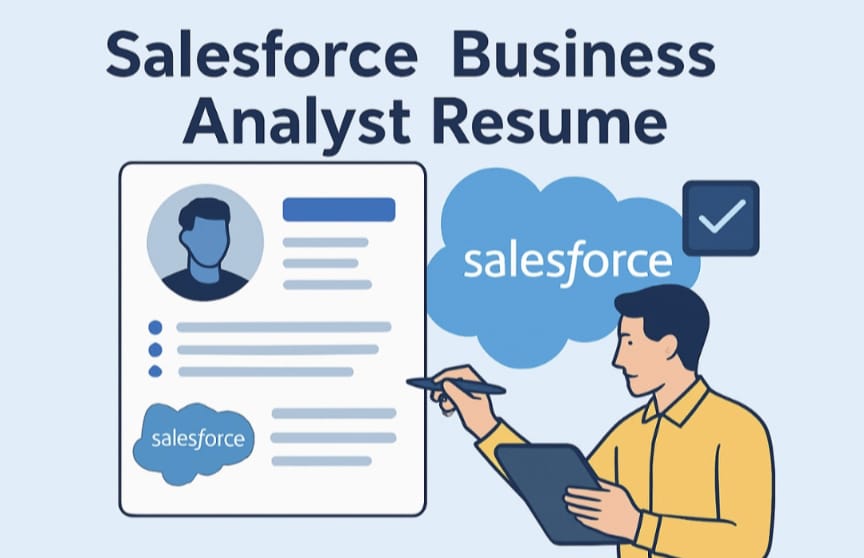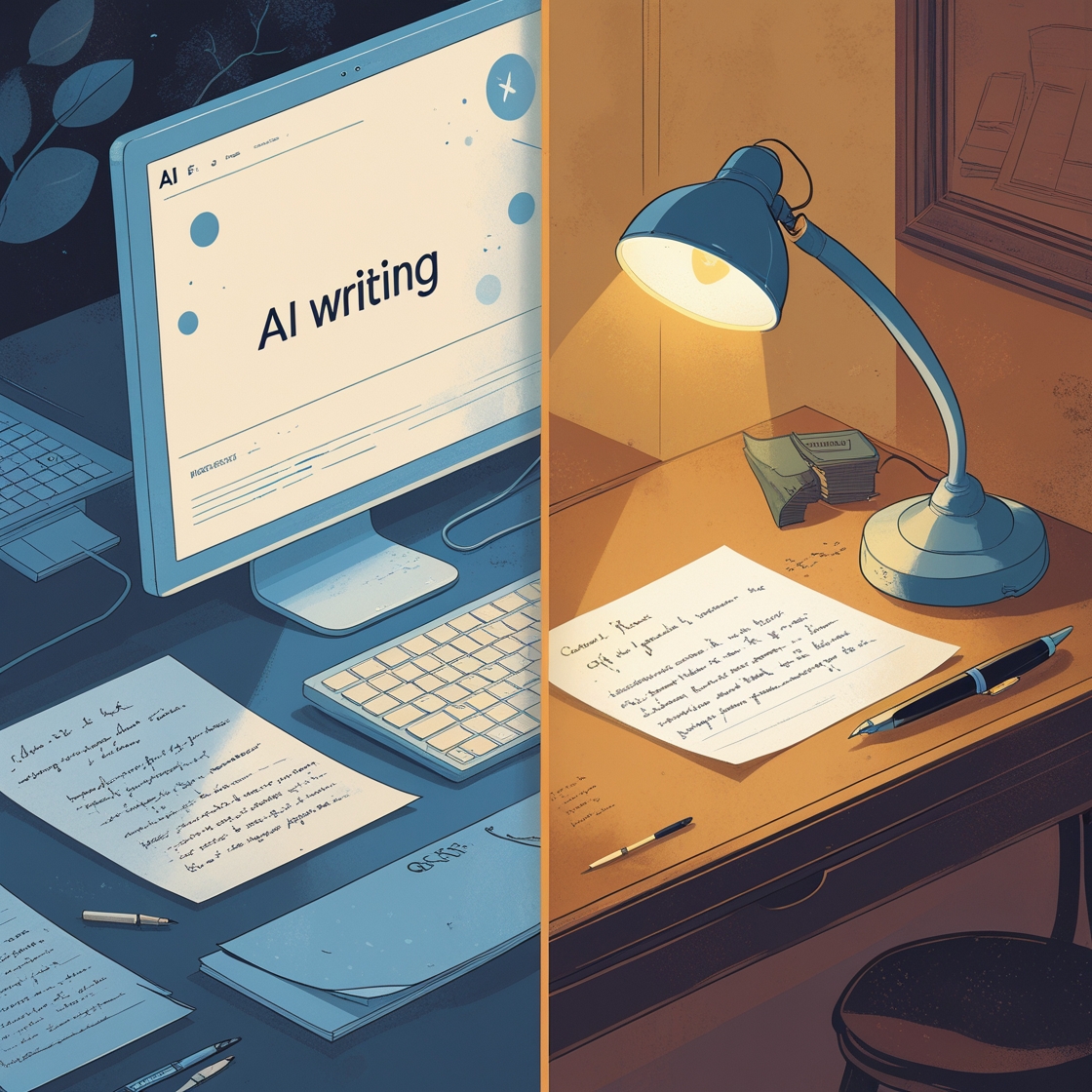Let me start with a story that might sound familiar. Last week, I was chatting with a friend who’s been job hunting for months. She showed me her resume, and there it was – the dreaded “Skills” section with the usual suspects: “Excellent communication skills,” “Strong teamwork abilities,” and “Problem-solving expertise.”
“Do you think these actually help?” she asked, looking genuinely uncertain.
It’s a question I hear constantly, and honestly? It’s the wrong question. The real question isn’t whether you should include soft skills on your resume in 2025 – it’s how to include them in a way that actually matters.
Here’s the Truth: Soft Skills Are More Important Than Ever
Before we dive into the how, let’s talk about the why. A recent study shows that 92% of hiring managers now consider soft skills equally, if not more, important than technical expertise. That’s not just a trend – that’s a fundamental shift in how employers think about hiring.
Think about it for a second. We’re living in an age where AI can write code, analyze data, and even create content. But can AI navigate a difficult conversation with a frustrated client? Can it inspire a demoralized team? Can it read between the lines in a tense meeting and find a path forward? Not yet, and maybe not ever.
85% of career success is attributed to strong interpersonal skills, while technical skills contribute only 15%. Let that sink in. The stuff we often think matters most – the technical skills, the certifications, the hard competencies – they’re just the entry ticket. The soft skills? They’re what actually determine whether you’ll succeed.
The Problem with How Most People Handle Soft Skills
Here’s where most people get it wrong. They create a separate section called “Skills” or “Core Competencies” and list out soft skills like they’re reading from a grocery list:
- Communication
- Leadership
- Teamwork
- Problem-solving
- Time management
The problem? Every single candidate writes virtually the same thing. 92% of hiring managers say soft skills are more valuable than technical skills, but 89% of managers said bad hires usually don’t have soft skills. There’s a disconnect here, and it’s because people claim these skills without proving them.
When I see “excellent communication skills” on a resume, my first thought isn’t “Wow, this person must be a great communicator.” It’s “Prove it.”
The 2025 Approach: Integration, Not Isolation
The modern way to showcase soft skills isn’t to list them separately – it’s to weave them into your entire resume. Use specific examples to illustrate these skills in action. Instead of telling me you have leadership skills, show me how you led.
Let me give you some real examples of how this works:
Instead of writing: “Strong communication skills” Write: “Delivered monthly presentations to 50+ stakeholders, resulting in 30% faster project approvals”
Instead of writing: “Leadership abilities”
Write: “Mentored 6 junior developers, with 100% achieving promotion within 18 months”
Instead of writing: “Problem-solving skills” Write: “Redesigned customer onboarding process, reducing support tickets by 45% and improving satisfaction scores from 3.2 to 4.6”
See the difference? These examples don’t just claim soft skills – they demonstrate impact through those skills.
Which Soft Skills Actually Matter in 2025?
Not all soft skills are created equal. The top skills employers see rising by 2025 include critical thinking and analysis, problem-solving, active learning, resilience, stress tolerance, and flexibility. Let’s break down the ones that are absolutely crucial:
Emotional Intelligence
This is huge. Recruiters pay attention to the candidate’s emotional intelligence, adaptability, and collaboration mindset. Show this through examples of how you’ve managed difficult relationships, adapted your communication style for different audiences, or helped resolve conflicts.
Adaptability and Flexibility
The pace of change in business has never been faster. Include examples of soft skills like adaptability, communication, and emotional intelligence in your achievements. Share stories about pivoting strategies, learning new systems quickly, or thriving during organizational changes.
Critical Thinking
This goes beyond basic problem-solving. It’s about analyzing complex situations, questioning assumptions, and making sound decisions with incomplete information. Include examples where you’ve identified underlying issues others missed or recommended solutions that weren’t obvious.
Digital Collaboration
Yes, this is a soft skill now. The ability to work effectively in virtual teams, facilitate online meetings, and build relationships through digital channels is essential. If you’ve successfully managed remote teams or built strong working relationships entirely online, that’s valuable.
Resilience and Stress Management
Employers are increasingly seeking employees with soft skills such as dependability, teamwork and collaboration, problem-solving and flexibility. Show how you’ve maintained performance during challenging periods or helped teams navigate stressful situations.
The ATS Reality Check
Here’s something most career advice ignores: Applicant Tracking Systems (ATS) are still looking for keywords. Applicant Tracking (ATS) Software is expected to experience sustained growth, and these systems need to find the terms they’re programmed to look for.
This creates a challenge. You need to include soft skills in a way that satisfies both ATS requirements and human readers. Here’s my solution:
Create a hybrid approach. Incorporate both hard and soft skills that are pertinent to the position, such as technical proficiency and effective communication. Include a brief “Core Competencies” section near the top that lists key soft skills using language from the job posting. Then prove these skills through your work experience.
How to Identify Your Best Soft Skills
Sometimes the hardest part is figuring out what soft skills you actually have. Here’s a simple exercise that works:
Think about your biggest professional accomplishments. Not just what you achieved, but how you achieved it. What made the difference? Was it your ability to get people on board with your vision? Your knack for staying calm under pressure? Your talent for asking the right questions?
Ask yourself:
- What do colleagues consistently come to me for?
- What challenges have I overcome that others struggle with?
- What feedback do I regularly receive in performance reviews?
- When I think about my best days at work, what was I doing?
The answers often reveal your strongest soft skills.
Common Mistakes That Kill Your Chances
Let me share the mistakes I see most often:
Mistake #1: Generic claims without context “Team player” means nothing. “Collaborated with marketing and sales teams to launch product 3 weeks ahead of schedule” means everything.
Mistake #2: Claiming skills you can’t demonstrate If you’ve never actually led a team, don’t claim leadership skills. If you struggle with public speaking, don’t highlight communication skills.
Mistake #3: One-size-fits-all approach Different roles need different soft skills. A sales position emphasizes persuasion and relationship-building. A project management role focuses on organization and conflict resolution. Tailor accordingly.
Mistake #4: Overloading with buzzwords Don’t try to cram every soft skill into your resume. Pick 3-4 that are most relevant and prove them well.
Industry-Specific Considerations
The importance of different soft skills varies by industry:
Technology: Focus on collaboration, adaptability, and user empathy. The days of the antisocial programmer are over – tech companies want people who can work across teams and understand user needs.
Healthcare: Emphasize empathy, attention to detail, and stress management. These aren’t nice-to-haves – they’re essential for patient care.
Finance: Highlight analytical thinking, integrity, and precision. Trust and accuracy are everything in this field.
Sales/Marketing: Communication, creativity, and persuasion are your core value propositions. Show how you’ve influenced others and driven results.
Education: Patience, cultural competence, and adaptability are crucial. Show how you’ve worked with diverse populations and adapted to changing circumstances.
The Future Is Human-Centric
Here’s what I think is coming: as AI handles more routine tasks, the uniquely human skills will become the primary differentiators between candidates. As AI and automation continue to revolutionize industries, human-centric skills such as leadership, emotional intelligence, and problem-solving are becoming increasingly valuable.
We’re already seeing job postings that list soft skills as requirements, not preferences. This trend will only accelerate.
Practical Steps You Can Take Today
Here’s what you should do right now:
- Audit your current resume: Look for places where you’ve stated soft skills without proving them. Can you add specific examples or results?
- Use the STAR method: For each soft skill you want to highlight, think of a Situation, Task, Action, and Result that demonstrates it.
- Quantify everything possible: “Improved team communication” is vague. “Implemented weekly stand-ups, reducing project delays by 25%” is specific and impressive.
- Match the job posting: Pull key terms directly from job descriptions and integrate them into your experience descriptions.
- Get outside perspective: Ask trusted colleagues which soft skills they see as your strengths. We’re often blind to our own talents.
The Bottom Line
So, should you include soft skills on your resume in 2025? Absolutely – but do it strategically. Don’t just list them; prove them. Don’t treat them as separate from your “real” accomplishments; show how they enabled those accomplishments.
While most people are hired for their technical abilities, their soft skills give them “career durability.” In other words, your technical skills might get you hired, but your soft skills will determine whether you succeed and advance.
The job market is competitive, but it’s also full of opportunities for people who can effectively demonstrate their full range of capabilities. Your soft skills aren’t just nice additions to your resume – in many cases, they’re what will set you apart from other qualified candidates.
The good thing about creating resumes in 2025 is that you don’t have to do it all by yourself. Lightforth’s Resume Builder can help you transform your skills and experiences into one powerful resume that opens doors and leaves recruiters chasing after you. Take control of your future today and build a resume using Lightforth.




